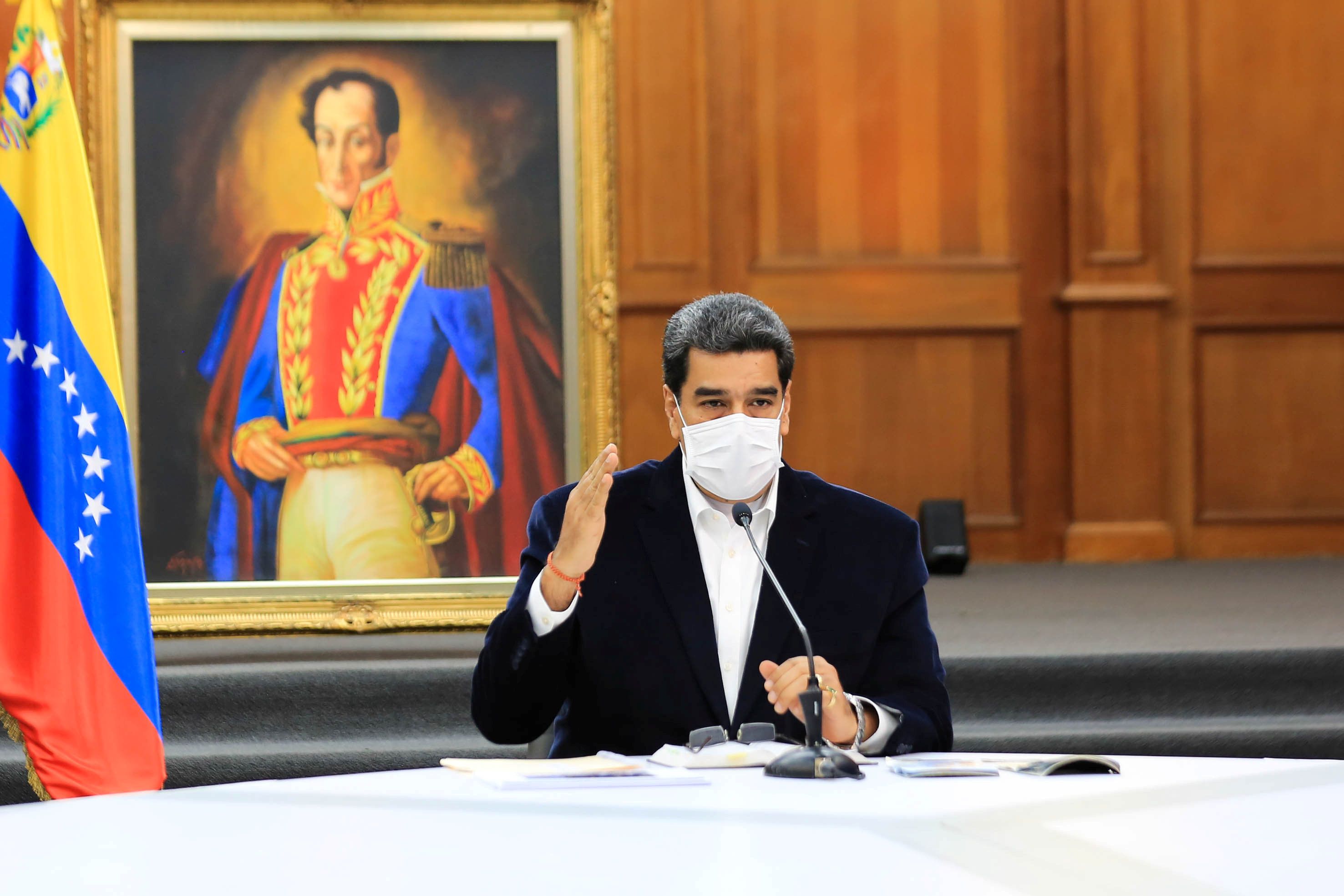The coronavirus pandemic has monopolized much of the world's attention for months now, but the conflicts and crises plaguing some of the most vulnerable countries have not stopped. In some cases they have only gotten worse. Here's a look at what's been happening in some of the world's most intractable hotspots in the months since the COVID-19 crisis took center stage.
Venezuela turns to Iran: For several years Venezuela has been mired in one of the world's worst economic crises, which has made access to food and medication extremely difficult for ordinary Venezuelans. President Nicolas Maduro seems to have weathered the challenge to his political power, but the economy is another story. The country's crucial oil sector, already gutted by US sanctions and mismanagement, has taken a further hit in recent months as the pandemic sent the global economy into a tailspin. As a result, even as coronavirus clobbers Latin America, many Venezuelans have expressed greater fear of dying from starvation than of contracting COVID-19. It doesn't help that the country is now running out of gas – and fast. Workers are waiting in long lines to fill up their tanks, while fuel shortages are preventing sick people from accessing medical care. This week, Maduro turned to another US-designated pariah for help: Iran. The Islamic Republic obliged by sending five oil tankers carrying an estimated 60 million gallons of gas across the Atlantic, a move Maduro hailed as a "victory."
Yemen's civil war grinds on: Last month, a temporary ceasefire between the two warring sides – Saudi-backed official government forces and Houthi rebels backed by Iran – raised hopes that Yemen's five-year war might be nearing its end. The truce had been backed by the Saudis, in what some analysts said was a sign that that the kingdom wanted an out: Oil prices are less than half what they were a year ago and the coronavirus is having a big impact on the kingdom's economy. Meanwhile, Riyadh's involvement in "the world's worst humanitarian crisis" was complicating its ties with Washington. (Congressional Democrats and Republicans tried several times to block arms sales to the Saudis over their involvement in Yemen, but the move was blocked by the White House.) Hours after the UN-backed truce came into effect, Houthi forces continued their drive to capture oil-rich Marib province. Since then, the fighting has only gotten worse, with the Saudis launching some 190 retaliatory air raids in recent weeks, according to the Yemen Data Project. So far, repeated appeals from the UN to halt fighting as several COVID-19 clusters have been identified around the country, have been ignored, despite the fact that Yemen has little hospital capacity to deal with an epidemic.
South Sudan's fragile peace: After six years of civil war that displaced some 4.5 million people, sparking Africa's largest refugee crisis, the nine-year old country of South Sudan has experienced relative calm in recent months owing to a unity-deal that brought rebel leaders into the government led by President Saalva Kiir. But sporadic violence between rival ethnic communities has continued in eastern Jonglei state, prompting fears that conflict could spill over into the rest of the country. In the first quarter of 2020, inter-communal violence killed some 658 civilians, while looting, mass rape and abductions have continued unabated, the UN says. These inter-communal clashes have been getting worse in recent years as fighters gained access to assault weapons. Now the fate of the recent unity deal hangs in the balance in a country where some 7.5 million people rely on some form of aid to survive.
